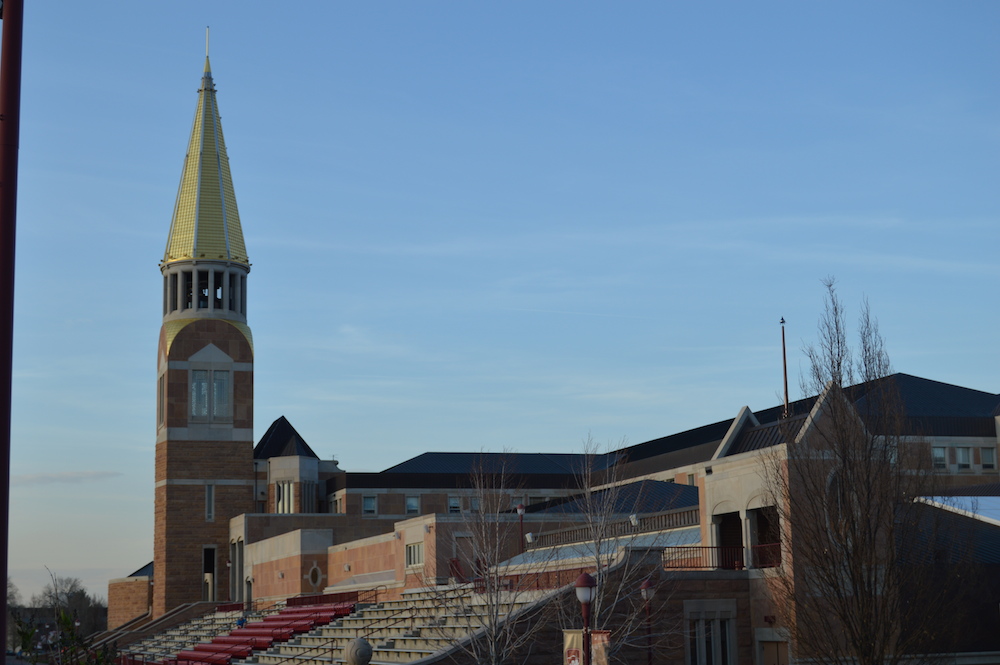On March 22, an update from Chancellor Jeremy Haefner outlined the partial refunds for spring quarter student housing costs and fees but stated “tuition charges for the spring term will remain unchanged.” Shortly after this announcement, DU students started a petition for the school to lower these fees.
College students from Colorado and across the country have started similar petitions as well as taken more drastic moves. Two class action lawsuits have been filed against the University of Colorado’s Board of Regents and Colorado State University’s Board of Governors arguing that University of Colorado students are due back their non-tuition student fees. A similar suit was filed against the Arizona Board of Regents seeking a partial refund of housing and student fees at Arizona state schools, and there was also a suit against the University of Miami.
Colleges are dealing with losses in revenue from students leaving housing, the lack of sports and on campus events, an expected drop in donations and an expected decline in freshman enrollment in the fall—especially among full tuition-paying international students. Most institutional costs have not changed because universities are still paying their faculty and staff during this time.
Many colleges and universities have had to make drastic changes. Even Cornell University, with an endowment of $7.3 billion, announced a hiring and raise freeze and suspended discretionary spending. DU has made a similar decision, writing, “We asked the campus to freeze hiring, cut back on expenses and to curtail all-but-essential capital projects.”
Some money has been directed to colleges and universities in the recently passed CARES Act coronavirus relief bill. On April 20, a statement from Chancellor Haefner outlined that the University has “appealed to Gov. Polis to urge him to include the University of Denver as he contemplates how best to distribute part of the total of $44.25 billion in appropriations that are specifically earmarked in the federal CARES Act for education, including higher education.”











